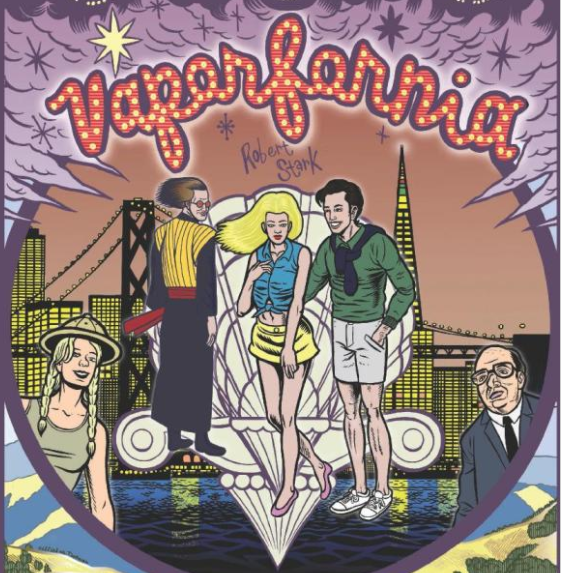Block Rocking Boredom and Blockbusters
“I don’t think anybody’s going to be going to the movies for a while,” a Young Republican acquaintance earnestly assured me shortly after September 11, 2001. He was, of course, wrong. While, according to Box Office Mojo, movie attendance did drop 30.5% in the week of the attacks, and fell another 11.6% the following week, ticket sales were already rebounding by the end of the month as people headed out to see Zoolander and the Michael Douglas thriller Don’t Say a Word.
My nihilism was near-complete at the time, my initial impression of 9/11 being that it had made an uninteresting world even more boring than before. I was accustomed to watching reruns of Seinfeld on a little television I had in my dorm room, and I can remember feeling peevish and despondent that, days after the event, my program was still being preempted for live coverage of smoldering rubble.
I was reminded of that period recently when Retail Dive published Ben Unglesbee’s epic article, “Who Really Killed Blockbuster?” After enumerating the various factors that contributed to the demise of the rental giant, Unglesbee reflects on his memories of working a shift in a Blockbuster on the evening of the attacks:
At around 5 p.m. on the evening of Sept. 11, 2001, I left the surreal cave of a duplex living room, where my roommate’s TV had played nonstop footage of unreal destruction since the morning, and went to where I spent the majority of my evenings at the time: Blockbuster.
I went to work at the video store thinking no customers would be there. Everyone, I assumed, would be rooted in their living rooms, eyes plastered to the news, waiting for the next bit of information to come through, for someone to satisfyingly explain what just happened, and when war would start and with whom.
I was wrong. The store was nearly as busy as a weekend night. And weekend nights at the store I worked in then – tucked into a corridor of fast-food restaurants and gas stations near a major highway interchange in Columbia, Missouri – were crazily, impossibly busy.
At least one customer that night, a middle-aged man with a sad smile, said he came to the store to get away from the news, to take a break. A lot of people, though, didn’t even mention the events of the day. I wondered if they came to the store because ... well, that’s what they did. It was just another night, and watching videos was what they did with their nights.
I remember being irritated, even angry, by the foot traffic in the store. “Go home!” I thought. “Go home and watch the news!” That’s what I wanted to be doing, before work compelled me out of the house, away from my own obsessive news-watching.
By mid-shift, that feeling was gone. I was glad to be pulled away, to be around people, to be at the store. I had assumed everyone was there for the movie they would go sit in front of later. But I have to think – given my own relief – that a lot of them came for more than the videos. They also wanted to be around people on that day, in a friendly place.
Were these customers searching for comfort in the face of broadcast horror – or is it just that none of them particularly cared? As I pointed out in my book Protocols of the Elders of Zanuck: Psychological Warfare and Filth at the Movies, Hollywood Entertainment CEO Mike Wattles indicated that rentals were “up significantly” in the wake of the attacks, while the Blockbuster executives similarly noted “an immediate spike in rental activity”. Were the constantly replayed video images of the exploding and collapsing Twin Towers and the smoking hole in the Pentagon really too horrifying for Americans to bear – or did it, for these viewers as for me, just become too boring to be worth watching?
Today, the events of September 11 are unendingly fascinating to me, and my previous callousness is something I confess with embarrassment – but I can hardly believe it is my shame alone.
Rainer Chlodwig von K.
Rainer is the author of, most recently, the book Drugs,Jungles, and Jingoism.




Comments
Post a Comment